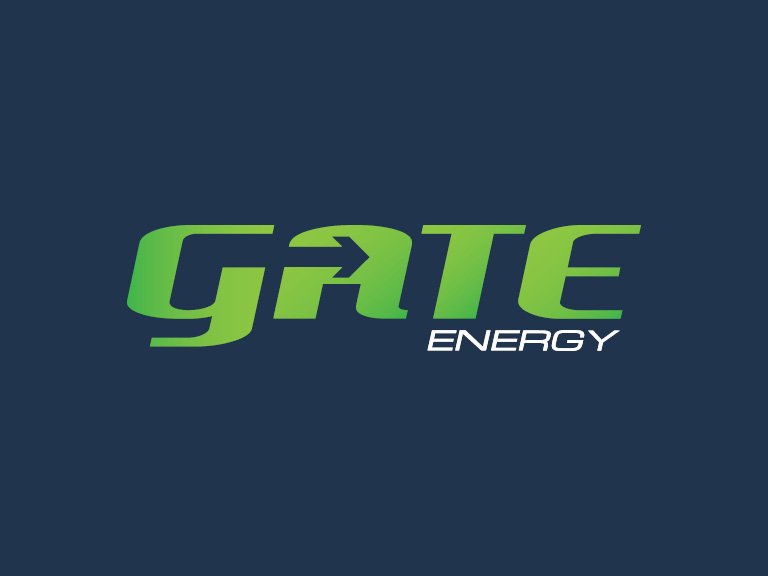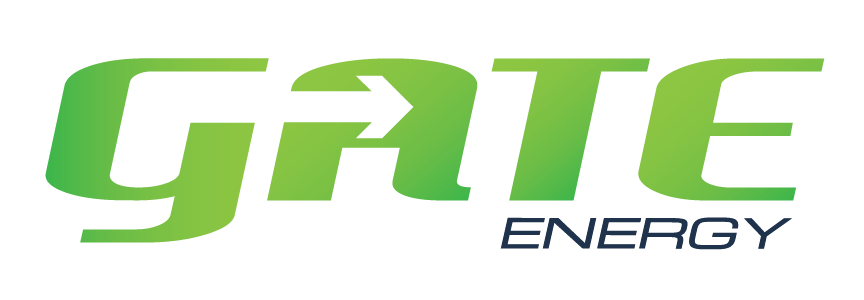Subsea Commissioning
Due to the fast track nature of Projects, GATE provides a project tailored Subsea Systems Completion process to enable traceability of mechanical completion through commissioning in order to optimize handover of the facilities to the Operator. This is achieved by working with the Operator early in Project Development and understanding the requirements.
GATE Subsea IHUC activities include the pigging, testing, hook-up (static / dynamic) and commissioning of flowline / riser and controls systems from topsides to shore. As such, IHUC activities have multiple complex engineering, scheduling, ownership and scope interfaces between Well Engineering, Topsides and Subsea Facilities Design and the Operator.
Subsea Commissioning
Due to the fast track nature of Projects, GATE provides a project tailored Subsea Systems Completion process to enable traceability of mechanical completion through commissioning in order to optimize handover of the facilities to the Operator. This is achieved by working with the Operator early in Project Development and understanding the requirements.
GATE Subsea IHUC activities include the pigging, testing, hook-up (static / dynamic) and commissioning of flowline / riser and controls systems from topsides to shore. As such, IHUC activities have multiple complex engineering, scheduling, ownership and scope interfaces between Well Engineering, Topsides and Subsea Facilities Design and the Operator.
IHUC services include:
Planning & Commissioning Management
Commissioning Planning, Management and Execution
Full Service Execution or Client Representative Oversight
Subsea Project Systemization
Subsea Systems Completion Monitoring / Management
Quality Assurance / Quality Control
Extensive Offshore Oil and Gas Commissioning Experience
Health, Safety, Security and Environment (HSSE) Planning and Oversight
Integrity Management
Regulatory Testing (e.g. Subsurface Safety Device testing)
ROV Intervention
Vendor and Sub-Contractor Selection and Management
Umbilical Commissioning
Chemical / Preservation Compatibility Studies
Umbilical Axial Mixing Modelling
Umbilical Displacement Planning and Execution
Flowline / Pipeline Commissioning
Preservation (e.g. Corrosion Analysis and Prevention)
System Dewatering / Drying
Flow Assurance Modelling
Initial Flow-back, Buy-back and First Export Analysis and Planning











